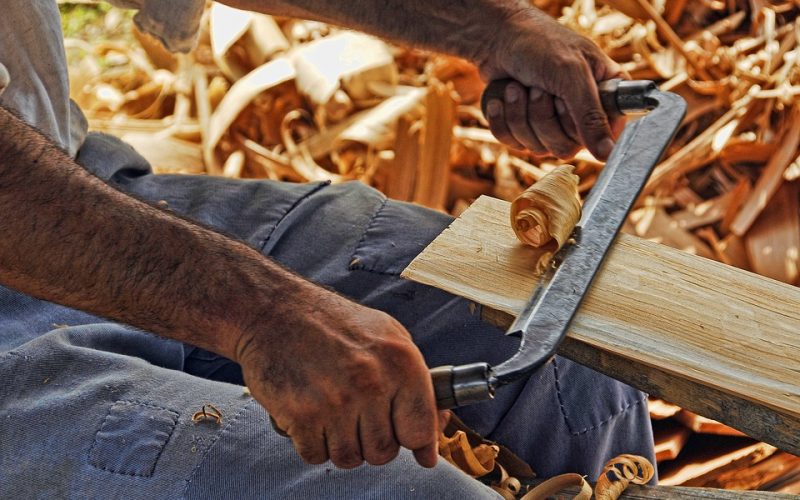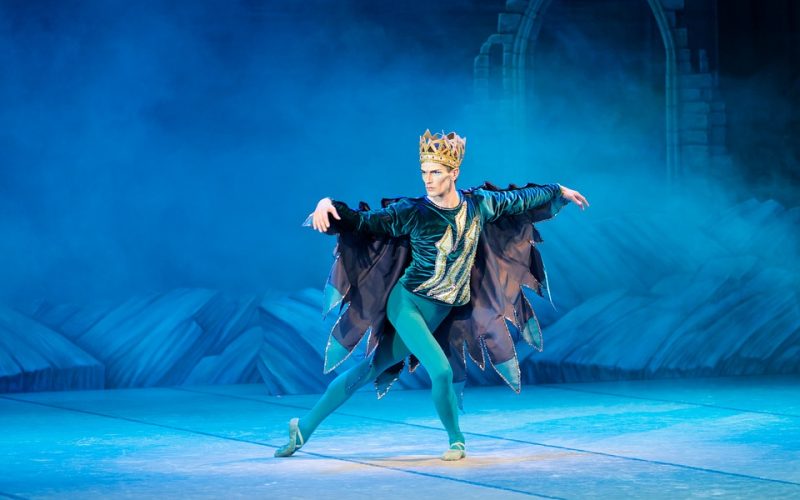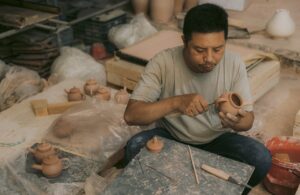The world of theatre is often associated with the dazzling performances of actors, the captivating scripts, and the emotive power of live storytelling. However, underpinning the spectacle is a vast network of highly skilled craftsmen and artisans whose work ensures that each production comes to life.
These professionals work tirelessly behind the scenes, crafting the elements that contribute to the immersive environment of theatre, from the striking sets to the costumes that transport audiences to different eras and worlds.
A practical knowledge of construction techniques
The skills required by theatre craftsmen are diverse and specialised. Set designers and builders, for instance, must possess a keen sense of spatial awareness and an ability to interpret artistic visions into tangible three-dimensional structures.
Their work involves not only a deep understanding of materials such as wood, metal, and fabric but also a practical knowledge of construction techniques and safety protocols. Costume designers, on the other hand, need an acute eye for detail and a rich understanding of fashion history to create garments that accurately reflect a production's time period or fantastical realm.
Meanwhile, makeup artists and hair stylists use their creative flair and technical skills to transform actors, enhancing character portrayals with every brushstroke.
Period-accurate replicas
One of the often-overlooked yet integral roles in theatre production is that of the props artisans. These craftsmen specialise in creating and curating the objects that populate a stage, ranging from everyday items to highly technical or period-accurate replicas.
Their role often involves extensive research and collaboration with designers to ensure that props are not only authentic but also practical for stage use.
Lighting and sound technicians
The process of preparing for a theatrical show involves numerous tasks, each of which is essential for the show to go on seamlessly. Set pieces must be designed, built, and painted; costumes must be sewn, fitted, and sometimes aged to create the desired effect.
Lighting and sound technicians configure and fine-tune equipment to ensure that every spotlight and sound byte enhances the performance. Stage managers oversee the operational aspects of a production, coordinating the myriad elements and ensuring that every transition is smooth and timed to perfection.
Replicate intricate designs
In the sphere of decorative arts within theatre, ceramic and glass artisans play a unique role. These craftsmen produce ceramic decals and ceramic transfers which are often used to replicate intricate designs and motifs on props or set pieces, providing a level of detail that can elevate the authenticity of a scene.
Similarly, glass decals and glass transfers can be employed to create stained glass effects or to embellish glass items on stage, adding depth and texture to the visual narrative.
Explore elaborate artistic designs
Mastering these techniques requires a deep understanding of materials and processes. Ceramic and glass artisans must be proficient in various methods such as kiln firing and glazing, as well as adept in the application of transfers and decals.
This niche skill set allows theatre productions to explore elaborate artistic designs without compromising on the practicalities of stagecraft.
Intricate planning
The collaborative nature of theatre is epitomised by these skilled craftsmen, whose dedication and expertise ensure that a director's vision is fully realised. Their work is both complex and varied, involving intricate planning, creative problem solving, and a commitment to excellence.
While their contributions may not be immediately visible to the audience, they are undoubtedly vital to the magic of theatre, weaving the threads of artistry and craftsmanship into the immersive tapestry that captivates and enchants audiences worldwide.

















